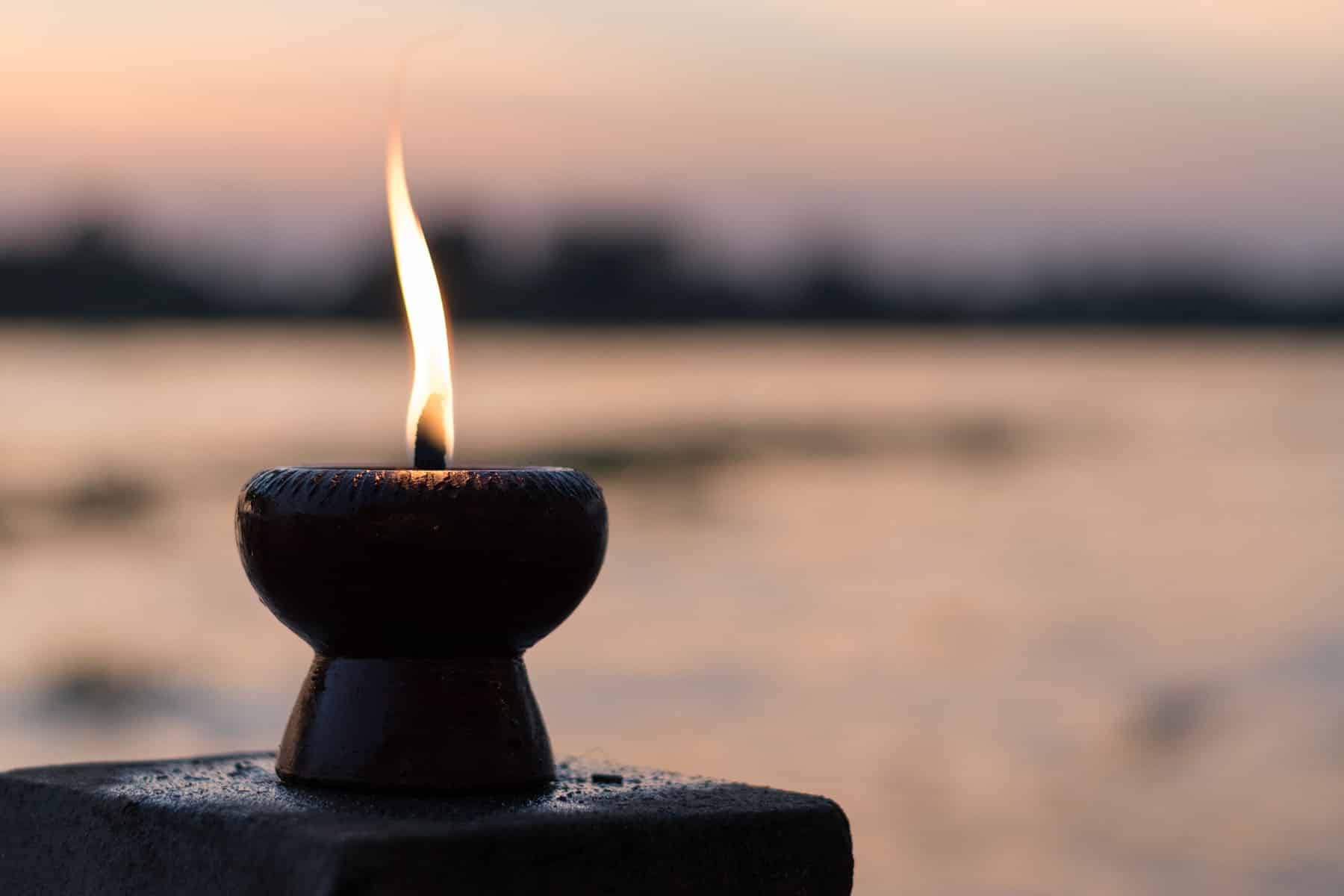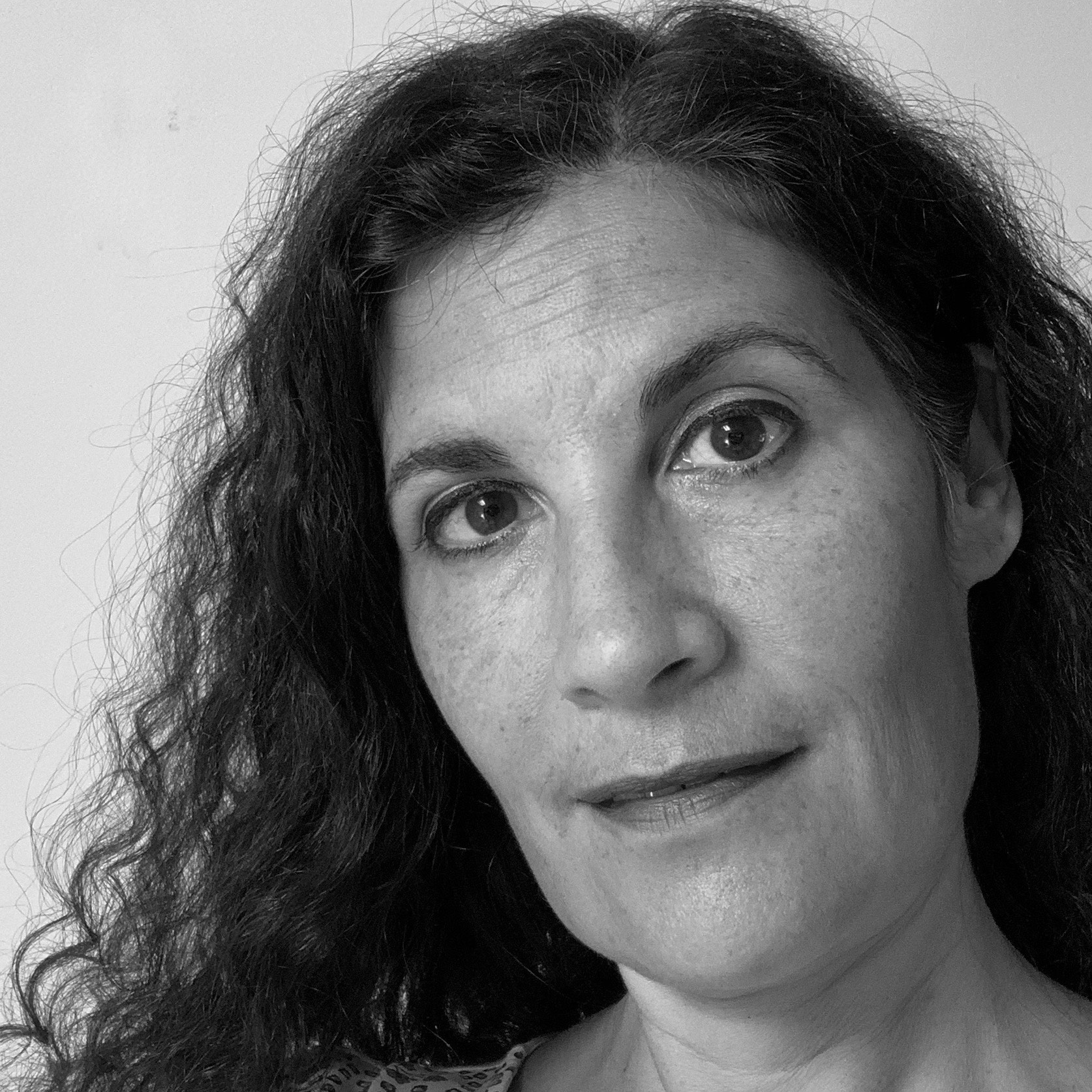 Photo by Pornpak Khunatorn/Getty Images
Photo by Pornpak Khunatorn/Getty Images Lately I’ve been feeling out of sorts, a little discombobulated. It’s hard to feel like things are moving forward in the midst of so much uncertainty. The pandemic. Economic uncertainties. Deaths. Violent protests. Riots. Looting. The National Guard in Beverly Hills. Iconic stretches of Melrose boarded up. It’s all unsettling.
And yet, I’m able to find some solace in the slow reopening of our city. Restaurants now are seating diners at 25% capacity. Synagogues are beginning to open for socially distanced minyanim — but only if you’re pre-registered. Hair salons are beginning to book appointments. And gyms carefully are planning their reopening. These are good signs.
But the greatest pieces of chizuk (strength) I’ve received thus far didn’t come from a rabbi, or disease specialist, or Harvard economist, or politician. It came from a book about spirituality written for adolescents, and a Facebook post reminding everyone to light two candles for Sivan 23 (after nightfall on June 15).
So what were the messages that helped to shift my mindset from one of apprehension to quiet confidence?
Every Shabbat, my daughter reads a chapter from a book about the adolescent spiritual voyage titled “Living Emunah for Teens” by Rabbi David Ashear. I listen to each chapter but don’t usually put much credence into the messages being conveyed. I enjoy the sound of her voice more than I relate to the messages in the book. I am a religious Jew, but I don’t necessarily prescribe to esoteric doctrines. But things changed for me one recent Shabbat.
My daughter landed upon a chapter titled “Pray for the Power to Pray.” The title immediately caught my attention. I pray regularly, but my prayers have been dispassionate. Everything has been said by rote. There’s been nothing behind the words except the mechanics associated with each prayer — stand, sit, bow. And so this title stirred something in me, and I paid closer attention to her reading of this particular chapter.
Given that we’re all experiencing so much trauma and uncertainty right now, I guess I desperately needed to hear that God “knows what we’re up against — and it’s all part of His plan — [that] He leaves us with one phone number we need to call when [things become] too difficult for us to handle alone. ‘Call on Me!’ He tells us.” And then my daughter went on to read that “it is precisely when we feel disconnected from Him that He wants us to dial His number. When we’re having trouble praying with focus and sincerity, He wants us to pray for the ability to pray.” These words hit home for me. I’d been feeling guilty about not praying with kavanah, and here was an easy-to-use solution. Sometimes just focusing on the need to focus is enough. Sometimes just getting out of your head and just being is enough. Sometimes just praying for inspiration is enough. I needed to relax, stop trying to fill myself with false humility and just let the words fill me — however they might — with no expectations.
Just as I settled into this permission to relax in prayer, a notification popped up on my Facebook feed in a cooking forum. It was a reminder to light two candles for 23 Sivan — a very auspicious (and little known) day in the Jewish calendar. On that day in 355 B.C.E., Haman’s proclamation for the destruction of the Jewish people was overturned. This date is read three times in the Megillah on Purim. Many people believe that if you light two memorial candles (one for Mordecai and one for Esther), and pray for something important and perhaps even seemingly unattainable, it will be fulfilled by God.
Two back-to-back messages about prayer. One telling me to just relax and not expect too much from myself, and one telling me that even though I don’t always feel fully connected to God, I can still ask and work toward even the seemingly impossible. This was precisely what I needed to get myself back on track and moving forward — even in the midst of so much uncertainty.
Rebecca Coen is a senior consultant at Rejac Consulting in Los Angeles.






















 More news and opinions than at a Shabbat dinner, right in your inbox.
More news and opinions than at a Shabbat dinner, right in your inbox.